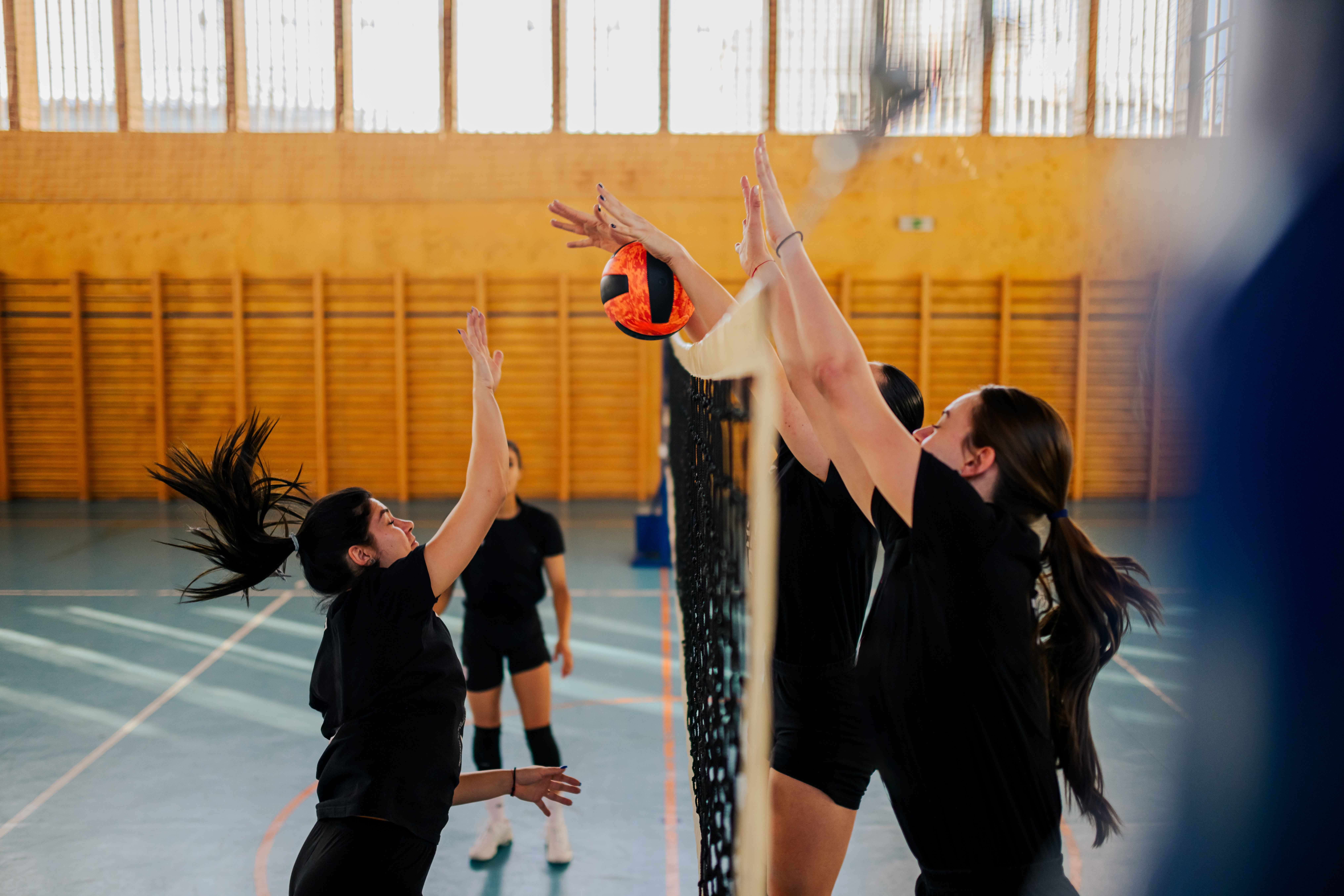
Promoting Wellness in Teen Athlete Mental Health
July 29, 2024
The mental health of teen athletes is a topic of growing concern.
In the high-pressure world of competitive sports, these young individuals face unique challenges.
Their mental well-being can be impacted by factors such as performance pressure, injuries, and the balance between sports and other life activities.
This article aims to shed light on these issues. It will provide insights into the importance of promoting wellness in teen athletes’ mental health.
We’ll explore strategies for building a positive athlete mindset, recognizing signs of mental health struggles, and creating a supportive environment.
Whether you’re a teen athlete, a parent, a coach, or an educator, this article will equip you with valuable knowledge and practical tips.
Understanding the Unique Challenges of Teen Athletes
Teen athletes often operate in high-pressure environments where the constant demand for performance can take a toll on their mental health.
In addition to facing physical strain, they also face the psychological impact of injuries. These can lead to feelings of frustration, anxiety, and depression.
The stigma surrounding mental health in sports can also pose a significant challenge. Many athletes fear admitting their struggles, worried about appearing weak or losing their place on the team.
Social media, too, plays a role. The pressure to maintain a perfect image can exacerbate mental health issues among young athletes.
Academic pressures add another layer of stress. Student athletes must juggle their sports commitments with their educational responsibilities.
Understanding these unique challenges is the first step towards promoting wellness in teen athlete mental health. It allows us to develop effective strategies and support systems.
The Role of Support Systems in Nurturing Athlete Mental Health
Support systems play a crucial role in nurturing an athlete’s mental health. Coaches, parents, and peers can provide emotional support and guidance.
Coaches, in particular, can foster a positive environment through open communication and a balanced approach to sports.
Parents, too, have a significant role. They can help their children manage stress and maintain a healthy perspective on sports performance.
Peer support is equally important. Fellow athletes can provide understanding and empathy, as they share similar experiences and challenges.
Key elements of a strong support system include:
- Open and honest communication
- Emotional support and understanding
- Encouragement of balance between sports and other life activities
- Promotion of self-care and mental health education
- Early intervention and help-seeking when signs of mental health struggles appear
Building a Positive Athlete Mindset
Building a positive athlete mindset is a proactive approach to mental health. It involves fostering resilience, managing stress, and maintaining a balanced perspective on performance.
Resilience is a key trait in athletes. It helps them bounce back from setbacks and view failures as opportunities for growth. Coaches and parents can foster resilience by celebrating successes and learning from failures.
Stress management is another crucial aspect. Techniques such as mindfulness, meditation, and deep breathing can help athletes manage the pressures of competitive sports.
Maintaining a balanced perspective on performance is also important. Athletes should be encouraged to set realistic goals and understand that their worth is not solely defined by their sports performance.
Finally, athletes should be reminded of their identity beyond sports. This can help them maintain a healthy mindset and prevent over-identification with their athletic role.
Recognizing and Addressing Mental Health Issues
Recognizing mental health issues in teen athletes is the first step towards addressing them. It requires awareness of the signs and symptoms of common mental health problems.
Some signs may include changes in mood, behavior, or performance. Athletes may also express feelings of stress, anxiety, or depression. It’s important to take these signs seriously and not dismiss them as just part of the competitive sports environment.
Addressing mental health issues involves providing support and resources. This could include access to sports psychologists, mental health education, and peer support programs.
Here are some strategies for addressing mental health issues:
- Encourage open conversations about mental health
- Provide access to mental health resources
- Foster a supportive team environment
- Promote balance between sports and other life activities
- Encourage athletes to seek help when needed
Remember, early intervention is key. It can prevent minor issues from escalating and help athletes maintain a healthy mindset.
Strategies for Promoting Mental Wellness During Student Athlete Mental Health Week and Beyond
Some schools have adopted Student Athlete Mental Health Week, an initiative to recognize and bring attention to the mental health challenges brought on by sports and athletics. While this is crucial for raising awareness, promoting mental wellness should be a year-round effort. It’s about creating an environment that supports mental health every day.
Strategies for promoting mental wellness can be varied. They should be tailored to the unique needs of each athlete. Here are some strategies that can be effective:
- Regular mental health check-ins
- Mental health education and training
- Encouraging self-care and rest
- Fostering resilience and coping skills
- Promoting a balanced lifestyle
Mental wellness is not a one-time event. It’s a continuous process that requires ongoing effort and commitment. By implementing these strategies, we can help teen athletes maintain a healthy mindset.
The Impact of Lifestyle Choices on Mental Health
Lifestyle choices play a significant role in mental health. For teen athletes, this includes nutrition, sleep, and balance in life activities.
Proper nutrition fuels both the body and mind. A balanced diet can help manage stress levels and improve mood. Similarly, adequate sleep is essential for mental well-being. It allows the mind to rest and recover, reducing anxiety and stress.
Balance is also crucial. Teen athletes should have time for other life activities beyond sports. This helps them develop a personal identity outside of being an athlete, which can contribute to better mental health.
Creating a Culture of Openness and Support
Creating a culture of openness and support is vital for athlete mental health. This involves fostering an environment where athletes feel safe discussing their mental health struggles.
Coaches, parents, and teammates play a significant role in this. They should encourage open conversations about mental health and provide support when needed.
In addition, athletic organizations should have mental health policies in place. These policies can help ensure that mental health is taken as seriously as physical health.
Taking Proactive Steps Towards Mental Wellness
Promoting wellness in teen athlete mental health is a collective responsibility. It requires the concerted efforts of athletes, parents, coaches, and sports organizations.
By taking proactive steps, we can ensure our young athletes thrive both on and off the field. Their mental health is as important as their physical prowess. If you or your teenager need help, reach out to our team at Hillcrest Adolescent Treatment Center for support. Our programs offer therapy, group sessions, and holistic treatments to help your teen reach their goals.

